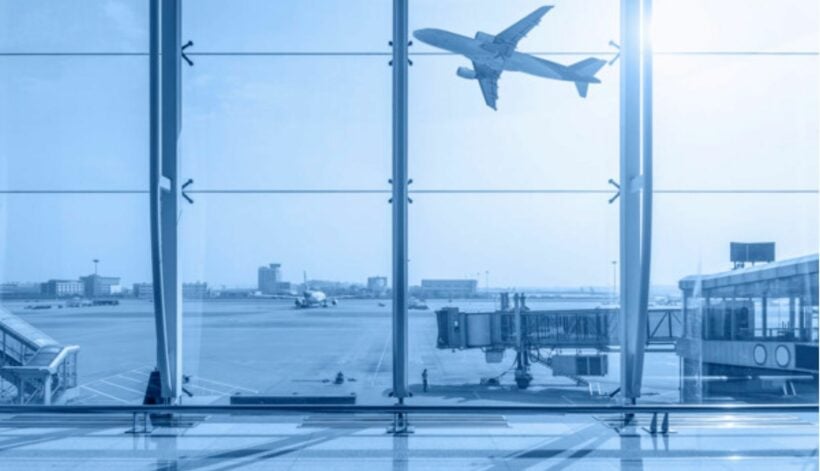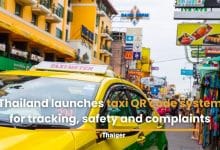Thailand is on top of the tourism shopping list for Asian travellers, when the borders open

“Fear & Possibilities in a Post Coronavirus World”. That’s the name of a new study jointly prepared by Blackbox Research, Dynata, and Language Connect. For ‘fear’ and ‘possibilities’, there are plenty of both as Thailand and Asia emerge from 6 months of battling and containing Covid-19, with more knowledge and better handling of outbreaks.
The global study indicates that residents of Asian countries want to travel to Thailand when travel eventually opens back up. The study examined the sentiments, preferences, and expectations of just over 10,000 people across 17 countries.
Tourists from Hong Kong, Singapore, Philippines, Indonesia and India are preferred Thailand as their first destination when their own’ borders reopen and they can travel again.
At this stage Thailand is unlikely to reopen to commercial flights and leisure travel for the rest of 2020 with comments from both the Tourism Authority of Thailand and the country’s Civil Aviation Authority in the past week confirming the situation.
82% of Thais are confident “Thailand is well-prepared to reopen its tourism and leisure activities”, when it does.
But 90% of Thais don’t want tourists to return until a vaccine or cure for Covid-19 becomes available. That is indicative of the risk-averse Thai government and the other surveys around the country that show Thais want to avoid a 2nd wave of the disease at all costs.
Thailand, based on figures from the travel industry, will likely finish 2020 with around 50% of its inbound tour operators either bankrupt or unable to continue trading. Hotels and online bookings services will not be much better off as they shore up cash flow with loans and the country’s GDP retracts by 8.1%
Thailand’s economy is heavily dependent on tourism, with foreign tourist dollars contributing around 11% to the national economy. When you add all the peripheral businesses that hinge on the flow of tourism, then the contribution to the Thai GDP from direct and indirect tourism, is close to 20%.
• 93% of Thais recognise the importance of the tourism sector for the local economy.
• 22% of Thais agree that there is an urgent need for tourism boards, including their own, to promote tourism for economic reasons.
• 91% of Thais are keen to support local travel attractions in the next 12 months
Saurabh Sardana, Blackbox Research’s chief operating officer, says that amongst south east Asian countries, Thailand has the strongest domestic appeal. The Thai government’s recent investment of 22.4 billion baht (around US$720 million) as a stimulus to domestic tourism, provides e-cash for local tourists at selected hotels and restaurants throughout the country.
“Our study has found that price is not necessarily the highest priority for their next trip – this applies to all the key areas such as transport, accommodation and attractions. Instead, visitor safety measures overwhelmingly ranked top of the list for most Thai travellers… transport 43%, accommodation 46% and attractions 53%.”
Across the survey international leisure travel, at least in the short term, is not a high priority for most people with 44% of respondents still keen to avoid international holidays. Of those the Japanese (32%), Filipinos (42%), New Zealanders (43%) and Australians (52%) were the least interested to take long-haul trips at this time.
Australia and Japan surveyed as the two most popular destinations for Asian travellers, and Spain is on the top of the list of European travellers.
The countries whose tourism appeal has taken the biggest hit during the pandemic, according to the survey, are China, Italy, and the US.
• 80% are willing to pay more for safer accommodation.
• 74% are open to paying a higher premium for travel insurance in exchange for protection against viral outbreaks.
• 76% of respondents indicated that their preferred travel destinations would be countries that offer more “contactless experiences”.
• 66% prefer to travel in their own vehicles for road trips between cities or countries, compared to travelling on a plane.
SOURCE: TTR Weekly
Latest Thailand News
Follow The Thaiger on Google News:


























